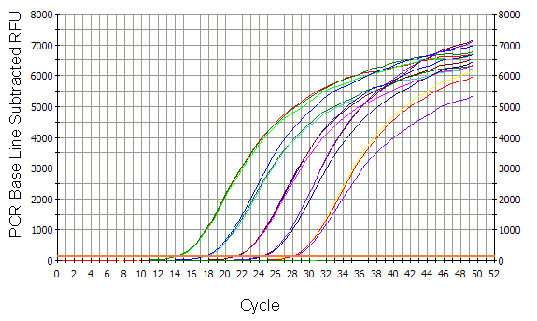This past weekend I had the wonderful opportunity to attend a wedding reception for one of my best friends... the food was great, the music fun, but I met one of the most interesting people I've met in my life: a real-life actual freelance biologist.
When I think of freelance I think of some of my favorite composers from the 19th century... Ludwig van Beethoven skipped out of the school that he was attending to teach lessons and compose for a less classical audience. Why perform just for the nobility? They would teach lessons and receive a commission for their compositions every now and again. A lot of the romantic composers did this, for example Hector Berlioz was a medical student turned composer.
I also think of the plethora of ghost writers and photographers who want to take pictures and write articles that are not requested. For writers and artists the creation of things without a need seems normal. A scientist doing it, however, is a bit of a shift in paradigm.
Making a movie is expensive, but the end result is (typically) beautiful. Mass PCR blasting genomes from pond scum, not so beautiful and about as expensive.
Nevertheless that's what he and his friends do. As Molecular biologists, they get together think about a research project that interests them... then they go out and find someone to fund their project. An interesting concept, because their experiment is a lot more like doing research in real life than the buffered lab settings that turn out the same projects year after year.. trying the same old types of projects until students get tired of doing research. There are even websites to help people like this molecular freelancer get started with little or no funding. (http://diybio.org/ being one of the funniest ones)
Is the future of science going to freelancers like my new friend? Are they going to usurp the typical lab rat who does the professor's research until they are able to think of their own ideas? Or is the status quo going to be the same as it was 50 years ago? Perhaps we are going to see the beginning of a more romantic age of science, with jumps in production as large as those in the romantic period.

No comments:
Post a Comment